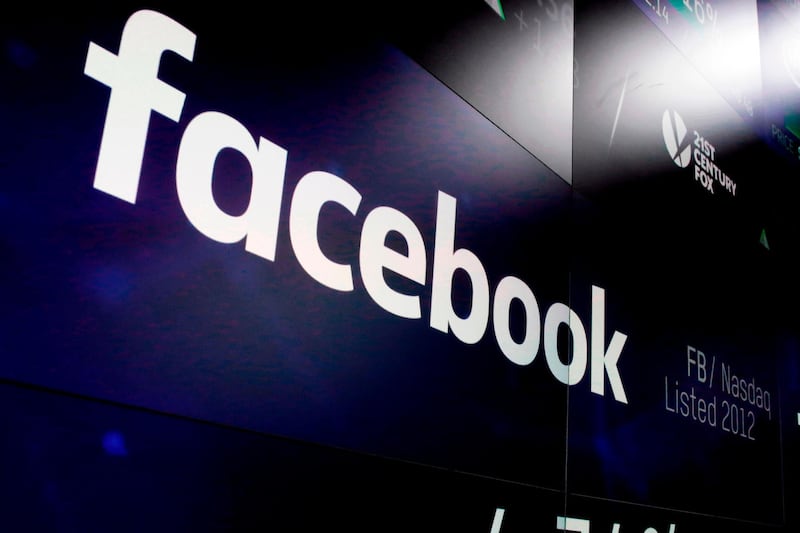Facebook has announced measures to combat misuse of its platform ahead of the European Parliament elections.
Facebook says the changes to come in late March will display where the cash for paid adverts comes from. Every political or issue-led advert will include a link to their Ad Library, where users can check which demographics the advert is aimed at and how it is performing across the site
“We will launch new tools to help prevent foreign interference in the upcoming elections and make political advertising on Facebook more transparent,” Facebook’s Public Policy Elections head for Europe, Anika Geisel wrote in a blog post.
_______________
Read more:
Mark Zuckerberg to merge WhatsApp, Instagram and Facebook Messenger
______________
“Advertisers will need to be authorised before purchasing political ads and far more information about the ads themselves will be made available for people to see.”
As well as giving more transparency to users, the platform is also making efforts to halt the spread of fake news, it says.
In the run-up to the elections in May, the company has said it will set up an office in Dublin dedicated to this increasingly important aim.
Staff from across Facebook’s sister companies Instagram and Whatsapp, as well as academics and experts from other fields will also work in the ‘war room’, searching out and removing false news and misinformation, hate speech, voter suppression and election interference.
The company has been under pressure to make changes in the wake of the Cambridge Analytica scandal, which saw the firm misuse data harvested the Facebook data of millions of people without their consent for political purposes and interference in the US 2016 and 2018 elections.







